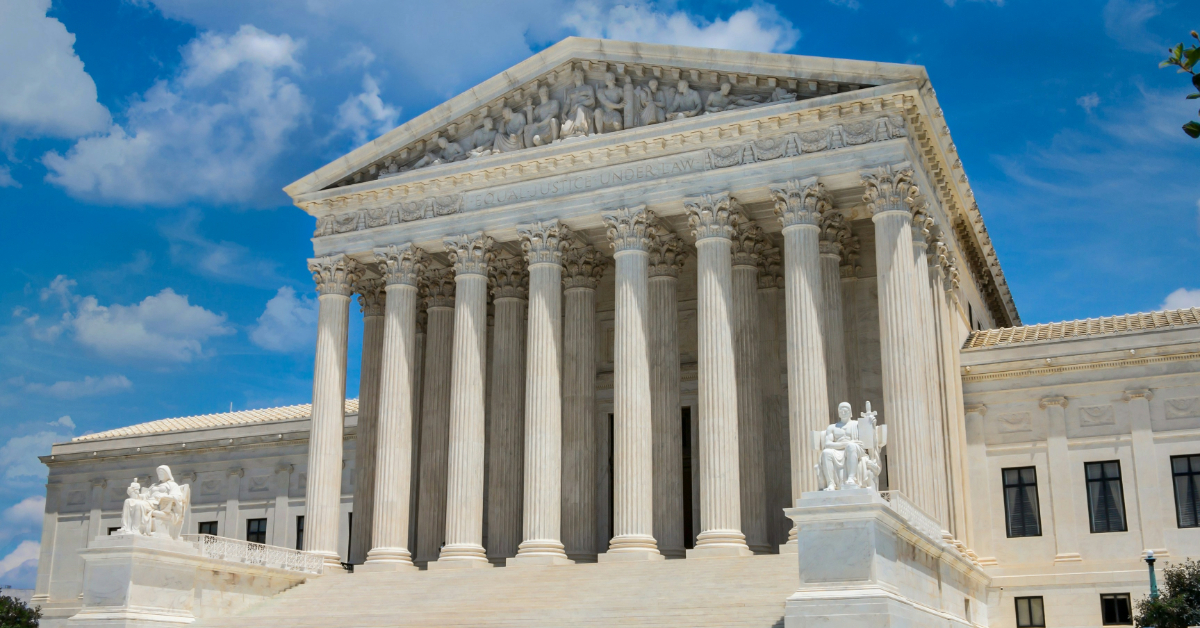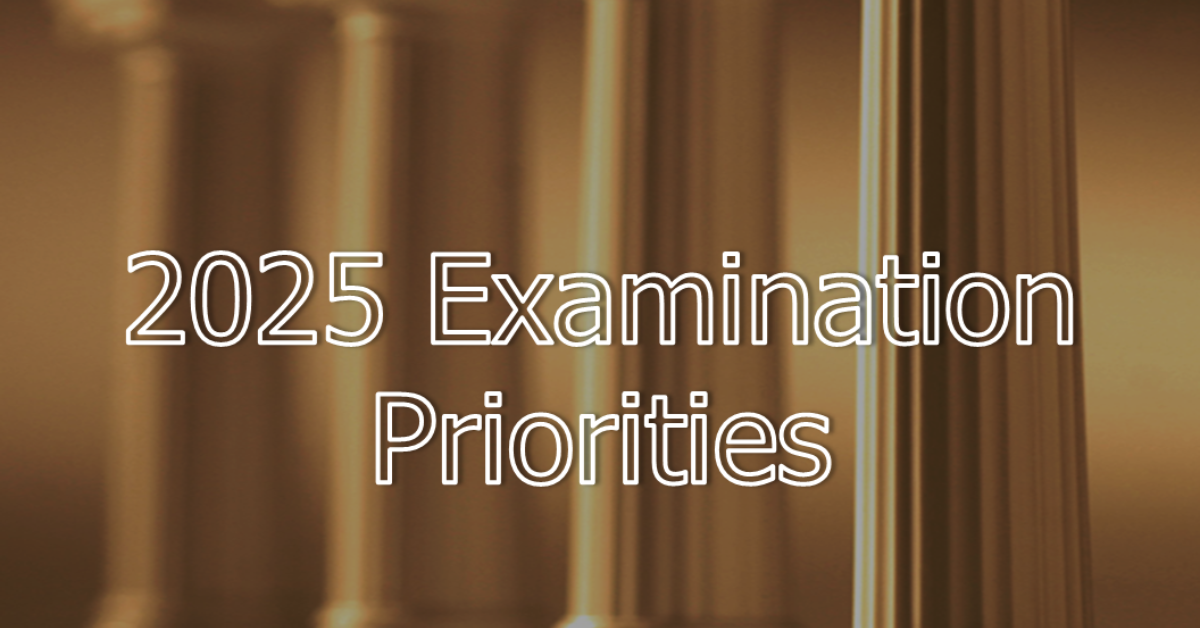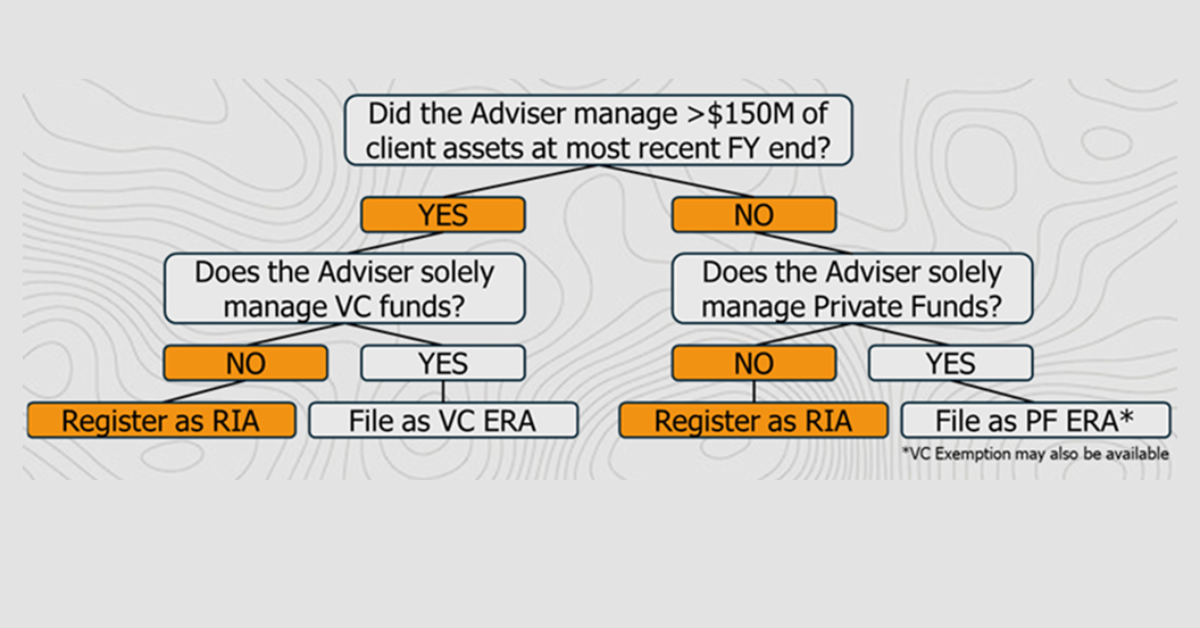On June 27, 2024, the Supreme Court ruled, in SEC v. Jarkesy (2024), that defendants accused of securities fraud by the Securities and Exchange Commission (SEC) have a constitutional right to a jury trial when facing civil penalties. This decision rested on the Seventh Amendment, which guarantees the right to a jury trial in civil cases where the amount in controversy exceeds $20. Prior to this decision, the SEC had the authority, under the Dodd-Frank Act of 2010, to conduct internal proceedings without a jury, known as administrative proceedings.
In a related landmark decision, the Court recently overturned the longstanding Chevron doctrine, significantly reshaping the landscape of federal agency authority. The Chevron doctrine mandated judicial deference to agency interpretations of ambiguous statutes, provided these interpretations were reasonable. This change underscores the Court’s commitment to ensuring that statutory ambiguities are resolved through rigorous judicial review rather than deference to administrative agencies. Expected to have profound implications across various regulatory domains, including the SEC, where agencies have historically exercised broad interpretative authority, this decision marks a pivotal shift in the balance of power between federal agencies and the judiciary.
Jarkesy, originating from allegations against investment advisor George Jarkesy Jr. and his firm, Patriot28, LLC, for violations of the “antifraud provisions” contained in the federal securities laws, exemplifies the intersection of these constitutional and regulatory shifts. The SEC opted to adjudicate the matter internally, resulting in a final order imposing a civil penalty of $300,000. Jarkesy and Patriot28 sought judicial review, which reached the Supreme Court. In a 6-3 decision delivered by Chief Justice Roberts, the Court emphasized the procedural disparities between federal court trials and SEC-administered proceedings, particularly regarding the nature of remedies sought.
In determining whether a suit is legal in nature, courts consider whether it resembles traditional common law cases and if the remedy being sought is traditionally granted by a court. In Jarkesy, the SEC is pursuing civil penalties, which are considered punitive rather than corrective. As a result, these penalties fall under legal matters historically handled by juries in court. Under the Seventh Amendment, defendants in such cases have the right to a jury trial, unless the issue falls under the “public rights” exception, where Congress allows administrative agencies rather than juries to decide certain cases. This decision clarified that SEC enforcement actions seeking civil penalties for securities fraud do not qualify as “public rights” issues. Therefore, defendants in these cases are entitled to a jury trial in federal court to uphold their constitutional rights.
The decision significantly diminishes the SEC’s independent authority in handling securities fraud cases. As highlighted in the concurrence, the SEC’s success rate was notably higher in internal proceedings (approximately 90%) compared to federal court cases (approximately 69%). With the option for jury trials now available to defendants in securities fraud cases, there may be a shift from internal proceedings to federal courts. This change has the potential to alter litigation dynamics and outcomes, potentially influencing overall case filings—a trend to watch in the future. The shift could raise legal costs for both the SEC and defendants, impacting public perception and the reputations of investment advisers and firms involved in SEC actions under heightened public scrutiny.
For defendants facing SEC enforcement actions, the Jarkesy decision represents a profound shift in procedural rights and strategic considerations. The decision between administrative proceedings and jury trials now hinges on factors such as case complexity, evidentiary strength, and strategic advantages inherent to each forum. This underscores the evolving landscape of securities litigation and the intricate balance between regulatory oversight, constitutional protections, and legal safeguards within the financial markets.
For now, the sole route ahead for the SEC, as underscored in the concurrence, is this: “The agency is free to pursue all of its charges against Mr. Jarkesy. And it is free to pursue them exactly as it had always done until 2010: In a court, before a judge, and with a jury.” In light of Chevron and Jarkesy, federal agencies must adapt to heightened judicial scrutiny of their actions.
About HighCamp Compliance
HighCamp is a boutique compliance consulting and outsourcing firm helmed by former SEC examiners, CCOs and proven consulting professionals. The firm specializes in regulatory compliance and operational support for SEC-registered private equity, real estate, venture capital, hedge fund, and institutional alternative managers. HighCamp is 100-percent employee owned, with a gender-balanced leadership team. The company has locations in New York City (Metro), Los Angeles, Denver, Dallas, Milwaukee and Bozeman.




